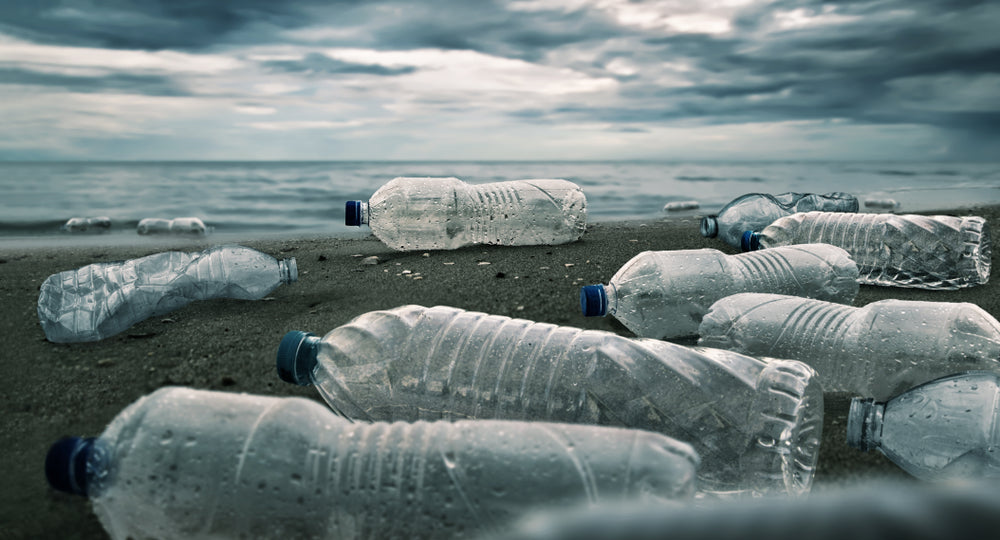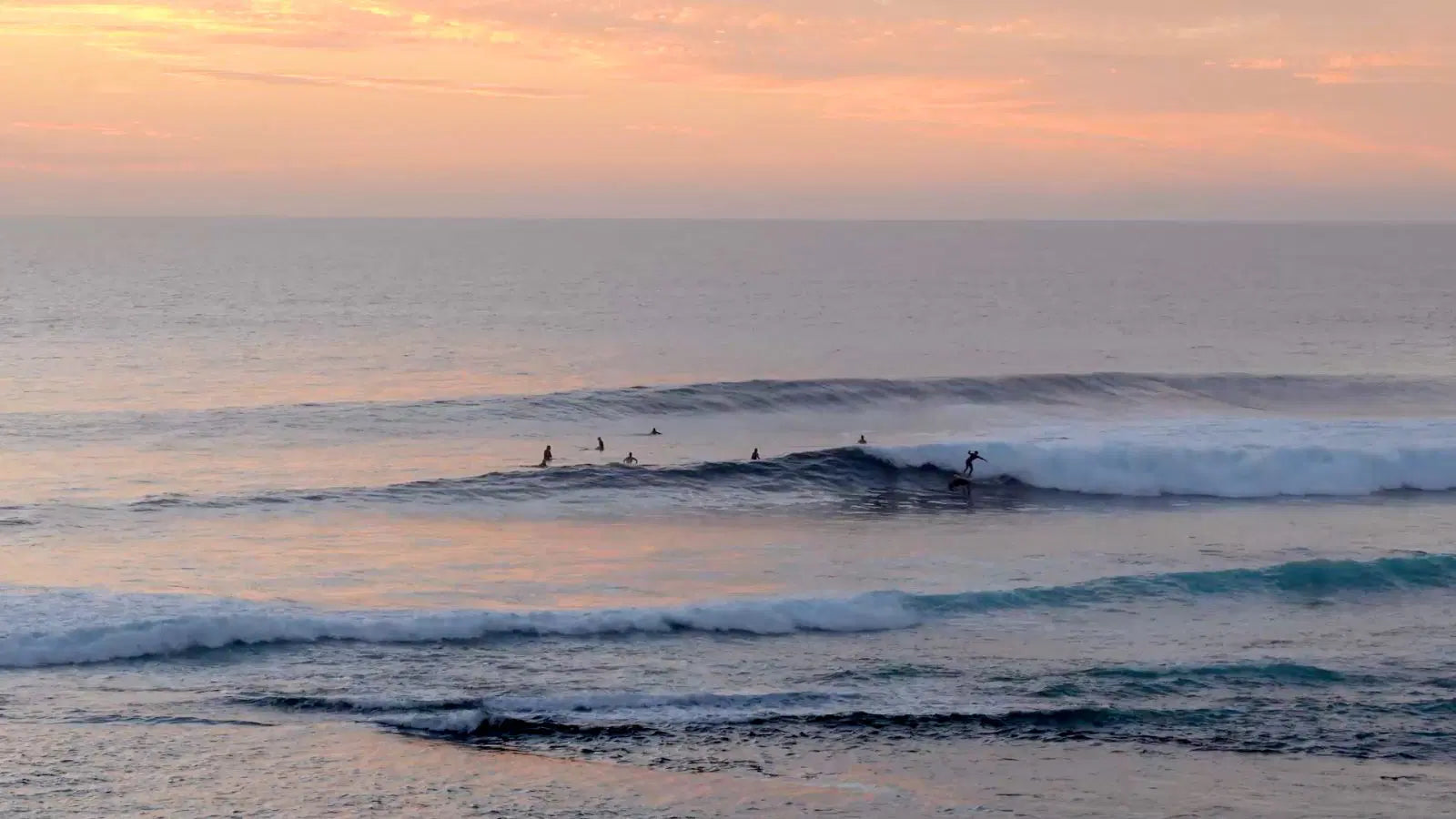Meet three individuals who are paving the way in the fight for clean, plastic-free oceans
Andrew Forrest, chairman and co-founder, Minderoo Foundation

Dr Andrew Forrest, who has a PhD in marine science, is researching the damage plastics and overfishing are doing to the world’s oceans, and whether nano-sized plastic particles can penetrate the human brain.
Through his philanthropic Minderoo Foundation, he is on a mission to expose some of the world’s biggest petrochemical companies.
Minderoo is targeting the 100 biggest makers of polymers, including ExxonMobil. Some organisations are open to working with Minderoo, while others are resistant.
“They welcome us, or like ExxonMobil, they don’t welcome us,” Dr Forrest told the Australian Financial Review.
“What I struggle to believe is that only approximately 100 companies will be responsible for the destruction of marine life all throughout the oceans.”
Dr Forrest said companies that used plastic should demand recycled plastic from major petrochemical producers and that consumers should boycott products that didn’t use recycled plastic.
“Chemists need to design new plastics that are engineered right from the beginning for reuse,” he said.
Nina Jensen, CEO, REV Ocean

Image source via Nina Jensen twitter
Nine Jensen is a marine biologist and CEO of REV Ocean, a global not-for-profit organisation which she co-founded in 2017 with Norwegian businessman and philanthropist Kjell Inge Røkke.
Jensen is currently working on the construction of the world’s largest research and expedition vessel, which will play a critical role in helping humans understand what’s happening beneath the surface of the ocean.
This vessel will be fitted to house 60 researchers and promises to uncover sustainable and environmentally responsible solutions for the world's oceans.
Having spent 15 years at WWF Norway, Ms Jensen is hugely passionate about oceans, conservation and finding the solutions oceans need to thrive.
REV Ocean will focus on key areas where action is needed – plastic pollution; climate change and ocean acidification; and overfishing and the environmental impacts of fishing.
The vessel, which is scheduled to begin operation in late 2022 or early 2023, will be equipped with a full suite of KONGSBERG sensors for mapping the seafloor and biological communities in the water column as well as profilers and state-of-the-art processing software. You can read more about REV Ocean here.
Jon Sanders, yachtsman and conservationist

Image source via Jon Sanders Facebook
Australian yachtsman, Jon Sanders, recently returned home in February 2021 after his 11th solo circumnavigation.
On his latest journey, he conducted a simple but very important experiment – gathering a sample of seawater daily, wherever he was sailing.
Mr Sanders sent samples from all over the world to Curtin University in Perth, where the amount of microplastics in each sample are being tested.
“As someone who has spent more than 60 years traversing and enjoying the world’s oceans, I could not sit idly by and watch that same environment be choked to death with plastic waste,” the 81-year-old told The Guardian.
A keen conservationist, Sanders sailed under the banner of #noplasticwaste. Researchers say that It is believed his remote location sampling is likely to yield new scientific information.
Curtin University environmental toxicologist Dr Alan Scarlett has found microplastics, smaller than a grain of sand, in almost all of the samples he has studied so far.
“We found all the common plastics that you would find in a household,” Dr Scarlett said.




